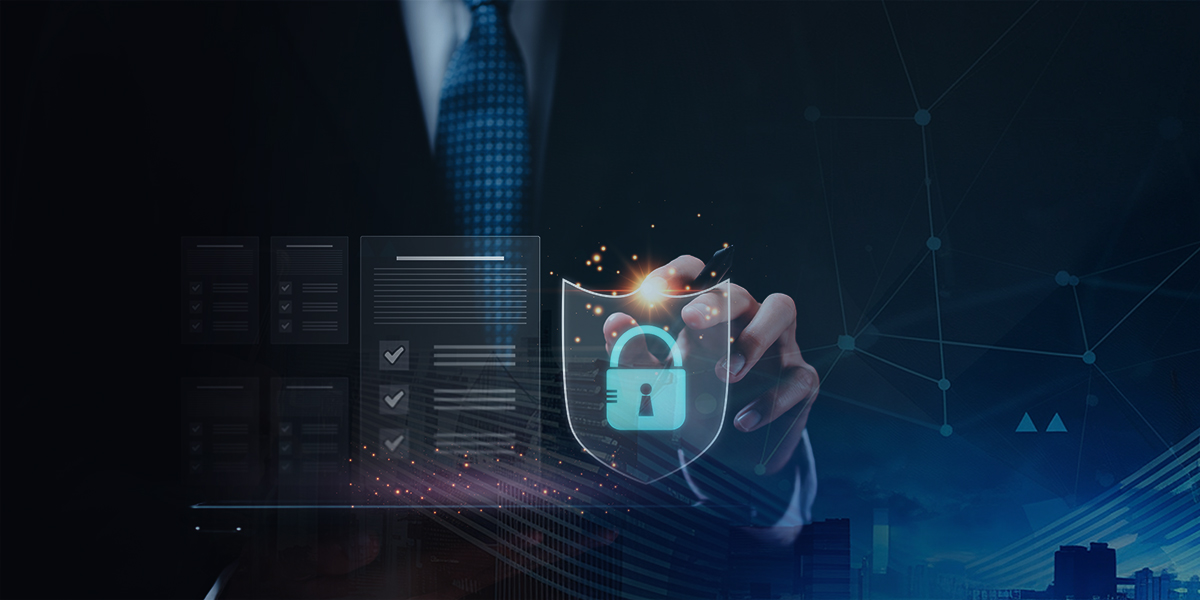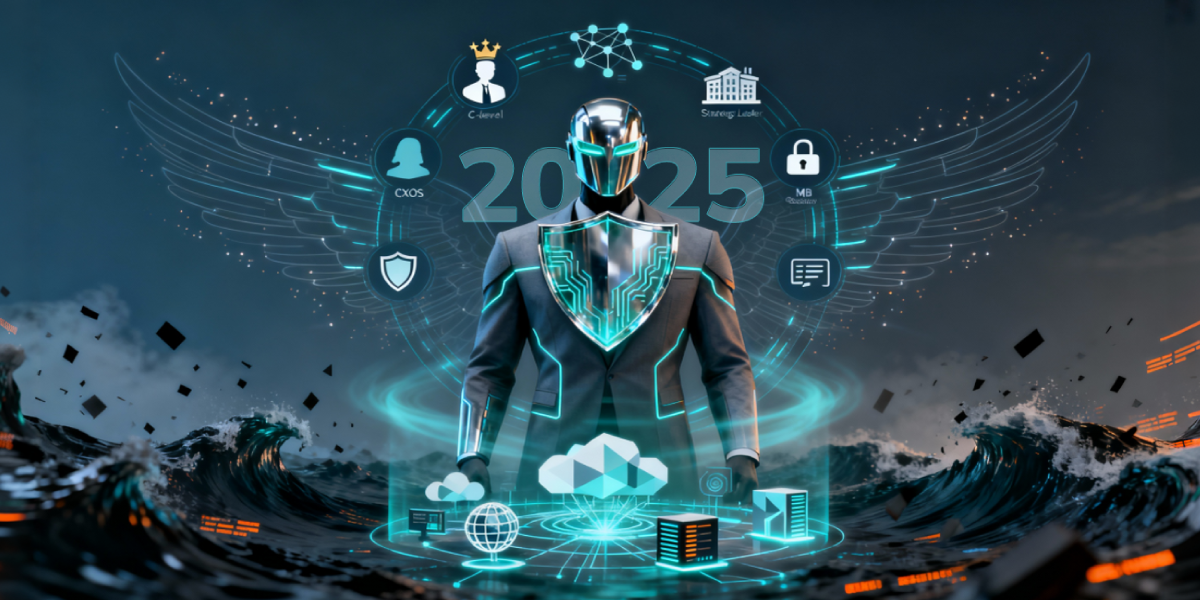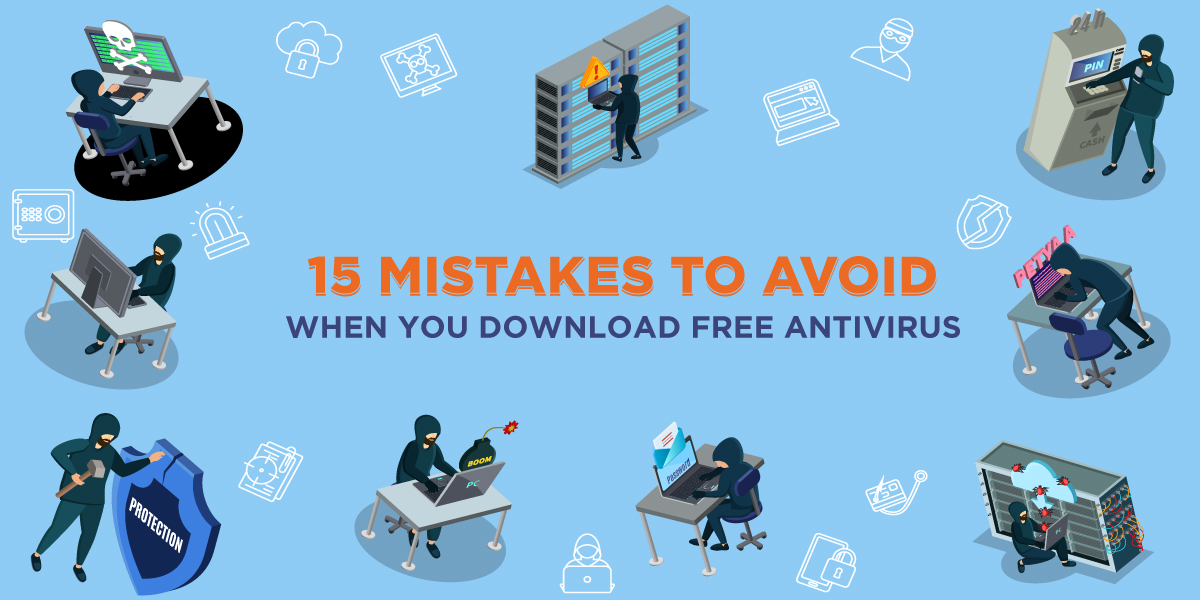As a cybersecurity consultant, I have directly witnessed the evolution of cybersecurity from a niche concern within IT departments to a fundamental aspect of business strategy. This shift is driven by the increasing frequency and sophistication of cyber threats, the growing reliance on digital technologies, and the significant financial and reputational risks associated with cyber incidents. I am well-equipped to demonstrate how enterprises are embracing cybersecurity to reshape their businesses into safer and more efficient entities.
The Changing Landscape of Cyber Threats
In the dynamic cybersecurity landscape, businesses confront increasingly sophisticated threats, necessitating constant vigilance and adaptation. Among the many attacks on enterprises, a select few stand out in frequency and attack tactics. Understanding these threats is essential to safeguarding your enterprise’s assets and ensuring business continuity. Here, we will explore the sophisticated tactics employed by threat actors and underscore the severe implications for enterprises.
BEC 3.0
Modern Business Email Compromise (BEC) attacks are highly personable phishing emails like those sent by trusted internal sources. They are, therefore, highly responsible for causing severe financial losses. Many organizations are responding to combat this with AI-driven threat-detection systems and conducting a series of employee trainings.
Ransomware
Ransomware attacks continue to grow in both complexity and frequency. The memorable 2017 WannaCry ransomware attack impacted over 200,000 computers across 150 countries, severely damaging organizations like the UK’s National Health Service (NHS). Over time, ransomware groups have advanced, incorporating new attack strategies, exploiting methods, and adding a growing number of cybercriminals, such as affiliates and Initial Access Brokers, into their mission and boosting their success rate.
Supply Chain Attacks
Supply chain attacks have risen concerningly, demonstrated by impactful events like the SolarWinds and Kaseya VSA breaches. These attacks exploit vulnerabilities in third-party vendors and service providers to infiltrate more extensive networks, resulting in significant consequences. Given the interconnected nature of modern business ecosystems, a single compromised supplier can threaten the security of multiple organizations. It is imperative to stress the vital role of cybersecurity for businesses of all sizes. Small and medium-sized enterprises are frequently targeted due to their perceived weaker defenses, while more giant corporations are alluring for their valuable data. Implementing comprehensive cybersecurity measures protects individual enterprises and bolsters the entire business ecosystem against increasingly sophisticated cyber threats. In today’s digital age, the critical importance of cybersecurity cannot be overlooked.
The evolving threat landscape is affecting businesses on multiple fronts. Let’s explore some areas where cybersecurity has become an integral part of business operations.
Addressing Regulatory and Compliance Pressures
The increasing number of cyber incidents has pressured governments and regulatory bodies to put rigorous cybersecurity regulations worldwide for data protection and privacy. Enterprises must comply with these strict regulations to protect them from heavy financial penalties and legal fallouts. For instance, under the General Data Protection Regulation (GDPR), comprehensive practices in data protection are mandated. At the same time, stiff penalties are prescribed for non-compliance up to €20 million or 4% of the annual global turnover. Similarly, it has been reported that the upcoming Digital Personal Data Protection Bill 2023 by the government of India has also initiated very stringent norms with penalties for non-compliance of up to INR 250 crore.
This way, businesses can easily incorporate cybersecurity into their business plans and safeguard them from advanced threats through systems such as threat detection, security audits, and digital asset monitoring at any time. Fundamentally, employee training increases data protection awareness and arms the employees to identify and act on a possible threat. The need for multinational businesses means that strategies regarding cybersecurity should be tailored towards the compliance needed.
Improving Customer Trust and Confidence
Building customers’ trust and confidence is one of the chief factors in the digital economy. Businesses that place a premium on cybersecurity and show a genuine interest in protecting customer information create a sense of trust, loyalty, and competitive differentiation. For instance, Apple’s attention to data privacy has advanced customer trust and brand perception.
Enterprises should implement encryption, secure storage practices, and continuously monitor threats through cybersecurity strategies. Transparency in cybersecurity can further increase customer trust. At the same time, consistent communications about data protection policy management and continuous security enhancements will assure and develop a much stronger relationship founded on trust and dependability.
Protecting Intellectual Property
Intellectual property (IP) is a bedrock of innovation and market differentiation. Security risks relating to the loss of IP could have serious financial effects, while such risks could undermine the markets or position of companies. The cyberattack on SolarWinds in 2020, through which several US government agencies and private companies were hacked, just added an underscore for safeguarding sensitive information at the end of the day. Cybersecurity strategies ensuring IP security allow companies to invest confidently in research and development, knowing their critical assets are secure.
Cyber Security for Business Continuity and Resilience
In all my exposure in the global cybersecurity arena, I have never seen a situation where cybersecurity isn’t at the epicenter of business continuity and resilience. Cyber-attacks can cause vast operational disruptions, leading to downtime, loss of productivity, and significant financial losses. For example, in 2018, NotPetya attacked companies, including Maersk and FedEx, with extensive operational disturbances that cost billions in losses and underscored the critical need for robust cybersecurity measures.
Comprehensive cybersecurity strategies should be part and parcel of an enterprise’s core operations to preserve business continuity and resilience. These strategies ensure that an organization is well prepared to detect, respond to, and recover quickly from cyber security incidents so that no business operation is disrupted. A robust cybersecurity framework guarantees an organization can conduct its business or service activities despite cyber threats, showing customer and stakeholder resilience.
A proactive approach to cybersecurity should include implementing advanced threat detection systems. These systems allow an organization to detect potential threats quite early so that proper measures can be taken to prevent attacks or reduce their impact. Network and system monitoring mechanisms can also identify anomalies and respond accordingly.
Next on the list of criticalities is having a well-defined Incident Response Plan (IRP). It outlines the steps during a cyber incident, including communication protocols, roles and responsibilities, and recovery procedures. Regular drills and simulations may create awareness of what employees must do if the response plan is invoked.
Availability of business continuity is also integrated through backup and disaster recovery solutions. Updated backups help ensure that ransomware and other incidents compromise data availability even in the event of an attack. Additionally, it minimizes downtime through the reduplication of systems and mechanisms for failover to provide continuous operation of essential business functions.
Helping Businesses Going Global
Cybersecurity is critical for any enterprise that wishes to take its business global and carry out frictionless operations across borders. Companies can achieve frictionless and protected international expansion by developing adaptive cybersecurity frameworks, maintaining compliance with international laws, defending against potential cyber-attacks, and building customer trust. Based on my industrial experience, a proactive and integrated approach toward cybersecurity would enable sound and sustainable growth in the global market in an increasingly networked world.
Creating Competitive Advantage
In my decades of experience in the worldwide cybersecurity landscape, I have consistently seen how integrating cybersecurity into core business operations can offer enterprises a significant edge over their competitors. Cyber-resilient companies can leverage their robust cybersecurity capabilities as a unique selling point, attracting customers and partners who prioritize security.
Integrating cybersecurity from the planning stage ensures that security considerations are embedded in every aspect of the business. This proactive approach minimizes vulnerabilities and reduces the risk of cyber incidents, thereby protecting the company’s assets and reputation. Enterprises that demonstrate a commitment to cybersecurity are perceived as more reliable and responsible, which enhances their appeal to customers and partners.
Moreover, strong cybersecurity practices can open up new business opportunities. As industries become increasingly interconnected, the security of one organization can impact the entire business ecosystem. Companies that can demonstrate robust cybersecurity measures are often preferred partners, as they minimize the risk of vulnerabilities within the supply chain. This strategic approach secures existing relationships and attracts new partnerships and collaborations.
Final Words
Cybersecurity can also drive innovation and efficiency within the organization. By investing in advanced security technologies and practices, businesses can streamline their operations and reduce the likelihood of costly disruptions. This focus on efficiency and resilience can translate into cost savings and improved operational performance, further strengthening the company’s competitive position.
Furthermore, a strong cybersecurity posture can enhance the company’s market reputation and brand value. In an era where data breaches and cyberattacks are increasingly common, customers and stakeholders are highly conscious of security issues. Companies that can assure their customers of robust data protection are more likely to earn their trust and loyalty. This trust is a valuable asset that can differentiate the company from its competitors and contribute to long-term success. Now is the time to elevate cybersecurity from the IT department and integrate it into your overall business strategy. Our team will be happy to support you in this crucial transformation. Learn more about our services here.











